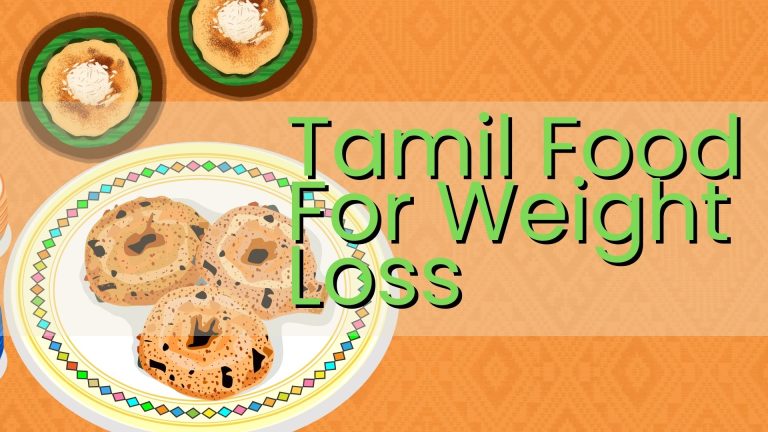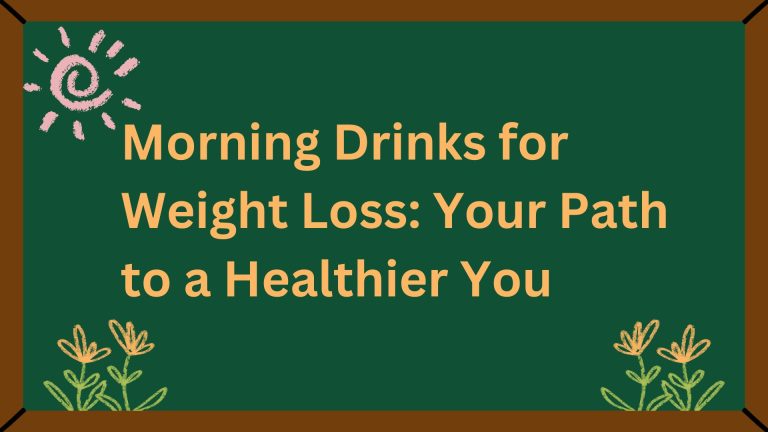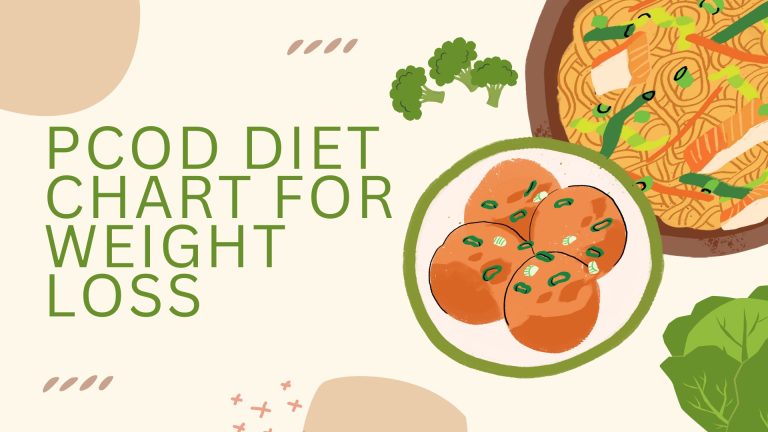A 1500-calorie diet is a popular approach for weight loss and maintenance, providing a structured way to manage calorie intake while ensuring the body receives essential nutrients. By controlling the number of calories consumed, it becomes easier to create a calorie deficit that promotes weight loss. The key to a sustainable diet is selecting nutrient-dense foods that support your overall health and wellness. An Indian diet, with its diverse array of whole grains, lean proteins, healthy fats, and abundant fruits and vegetables, can be a healthy and sustainable choice for anyone looking to manage their weight effectively. This blog will provide a 1500-calorie meal plan, ensuring balanced macronutrients that support your health goals, energy needs, and weight management journey.
Who Should Follow a 1500-Calorie Diet?
A 1500-calorie diet is an effective option for both weight loss and weight management for healthy individuals. This plan works well for those who exercise moderately and for those who are actively monitoring their food intake. However, caloric needs vary depending on factors such as age, gender, metabolic rate, and activity level. Older adults, inactive individuals, and those aiming for gradual weight reduction may benefit from following a 1500-calorie diet. On the other hand, athletes and highly active individuals who require more calories than average should adjust their intake accordingly to meet their energy needs.
Adjusting the proportions of macronutrients is key to ensuring your body receives the essential nutrients it needs while supporting effective weight loss.
In a 1500-calorie Indian meal plan, the ideal macronutrient ratio should consist of 50% carbohydrates (750 calories), 25% protein (375 calories), and 25% healthy fats (375 calories).
- Carbohydrates (50%): A significant portion of your daily calories, 750 calories, should come from whole grains and legumes. These foods provide essential fiber, which helps improve satiety and supports digestive health.
- Protein (25%): Lean protein sources such as lentils, dairy, tofu, and poultry are essential for maintaining muscle mass and supporting recovery. These 375 calories contribute to 25% of your daily protein intake.
- Healthy Fats (25%): The remaining 375 calories should come from healthy fats like nuts, seeds, olive oil, ghee, and coconut oil. These fats not only enhance metabolism but also contribute to overall well-being.
Essential Foods in a 1500-Calorie Indian Diet
These are the essential foods required in a diet plan. It should have fiber, proteins, carbs, and healthy fat
Whole Grains and Cereals
Indian diets are naturally rich in whole grains, which play a vital role in meeting our fiber, vitamin, and mineral requirements. These nutrient-dense grains, such as brown rice, whole wheat roti, millet, quinoa, and whole oats, keep you feeling full for longer and provide lasting energy. Since digestion relies heavily on fiber, consuming these grains regularly helps to promote better digestion and control calorie intake, making them ideal for those following a calorie deficit diet.
Protein Sources
Protein is essential for weight loss, as it helps maintain overall health and preserves muscle mass. For vegetarians, excellent sources of protein include dal, paneer, curd, soya chunks, tofu, sprouts, and chickpeas. These provide high-quality protein that aids muscle repair and general well-being. Non-vegetarian options such as chicken, fish, eggs, and lean meats are also excellent sources of protein and are beneficial for slight weight gain or muscle maintenance.
Vegetables and Fruits
Vegetables are packed with vitamins, fiber, and essential nutrients that support digestive health, boost immunity, and contribute to overall well-being. For effective weight management, it’s beneficial to include low-calorie vegetables like spinach, bottle gourd, bitter gourd, cucumber, carrots, and bell peppers in your diet. Fruits like apples, berries, papaya, and oranges are not only rich in nutrients but also provide natural sweetness. Additionally, these fruits are packed with antioxidants that help improve overall body health when consumed in moderation.
Healthy Fats
People require healthy fats to perform metabolic processes and generate energy. Oily fish, ghee, nuts, seeds, coconut, and mustard oil, deliver omega-3 and omega-6 fatty acids, which benefit health and metabolic operations. Fat consumption should be controlled because these nutrients are calorie-dense, but the key to staying healthy is measured consumption.
Hydration and Beverages
The process of weight management requires us to stay hydrated properly. The combination of water and herbal teas with buttermilk along with coconut water and lemon water brings valuable hydration benefits to metabolism and total health. To support your weight loss goals, it’s important to avoid sugary beverages and store-bought fruit drinks, as well as limit caffeine intake since these can add excess calories that hinder your progress. Using only health-promoting beverages with water throughout the day helps you keep hydrated while helping you meet weight management targets.
Sample 1500-Calorie Indian Diet Plan
Here is a simple example of a 1500-calorie Indian diet plan
- Early Morning (6:30 – 7:00 AM) – 50-100 Calories
- Warm lemon water with honey.
- Soaked almonds (4-5) and walnuts (2).
- Green tea or herbal tea.
- Breakfast (8:00 – 9:00 AM) – 300-350 Calories
- 2 whole wheat idlis with sambar.
- 1 bowl of oats porridge with chia seeds.
- 1 besan cheela with curd.
- Mid-Morning Snack (11:00 AM) – 150-200 Calories
- 1 medium banana or apple with a handful of nuts.
- 1 glass of buttermilk or coconut water.
- Lunch (1:00 – 2:00 PM) – 400-450 Calories
- 1 cup brown rice, dal, sabzi, and salad.
- 2 whole wheat rotis with paneer bhurji and curd.
- Quinoa khichdi with vegetables.
- Evening Snack (4:30 – 5:00 PM) – 150-200 Calories
- Makhana roasted with ghee.
- 1 cup herbal tea with 1 multigrain biscuit.
- 1 boiled egg with black salt and pepper.
- Dinner (7:30 – 8:30 PM) – 350-400 Calories
- 1 bowl of dal khichdi with curd.
- 1 millet roti with palak paneer.
- 1 bowl of vegetable soup with a side salad.
- Post-Dinner (9:30 PM) – 50-100 Calories
- 1 cup turmeric milk.
- 1 small date or a piece of dark chocolate.
Tips for Following a 1500-Calorie Indian Diet
Here are the tips that will help you in the 1500-calorie Indian diet
Portion Control Strategies
Using smaller plates can help manage serving sizes. Mindful eating is also crucial; avoid distractions such as watching TV while eating. This can help you listen to your body’s hunger cues and prevent overeating.
Meal Prepping for Consistency
Planning meals in advance is one of the best strategies for consistency. When you have healthy snacks on hand, you can prevent cravings and ensure you stick to your plan without feeling deprived.
Balancing Nutrients
Each meal should contain a balanced mix of protein, fiber, and healthy fats to promote satiety and energy throughout the day. Avoid refined sugars and processed carbs, as they can cause blood sugar spikes and crashes.
Common Mistakes to Avoid
These are some of the common mistakes everyone makes while on weight loss diets. Even if you are following a healthy diet and lifestyle, if you are making the mistake, then you won’t see the desired healthy result.
- Skipping Meals: Skipping meals can slow down metabolism and lead to overeating later in the day. Consistency is key for maintaining energy levels and metabolism.
- Ignoring Protein Intake: Protein is crucial for muscle retention and fat loss. Without enough protein, you may lose muscle mass instead of fat, which could slow down your progress.
- Overeating “Healthy” Foods: While nuts, seeds, and dried fruits are healthy, they are also calorie-dense. It’s important to manage portions to avoid exceeding your daily calorie goal.
- Not Drinking Enough Water: Staying hydrated is essential for digestion, metabolism, and overall health. Aim for 2-3 liters of water a day to keep your body functioning optimally.
Who Should Consult a Nutritionist?
Individuals with medical conditions such as diabetes, thyroid issues, or PCOS should consult a dietitian nutritionist to tailor their diet plan according to their specific needs. Similarly, if you’re struggling with a weight loss plateau or muscle loss, a professional weight loss nutritionist’s guidance can ensure you’re on the right track. Personalized meal plans are especially important for people with varying activity levels or health goals.
Qua Nutrition For Weight Loss Diet
Qua Nutrition offers personalized nutritional consultation and meal plans that cater to your specific needs, whether for weight management, improving athletic performance, or managing medical conditions. With a focus on creating sustainable and effective dietary strategies, Qua Nutrition helps you achieve your health goals while ensuring you enjoy every step of the journey. Contact Qua Nutrition for a personalized 1500-calorie diet plan for weight loss.









